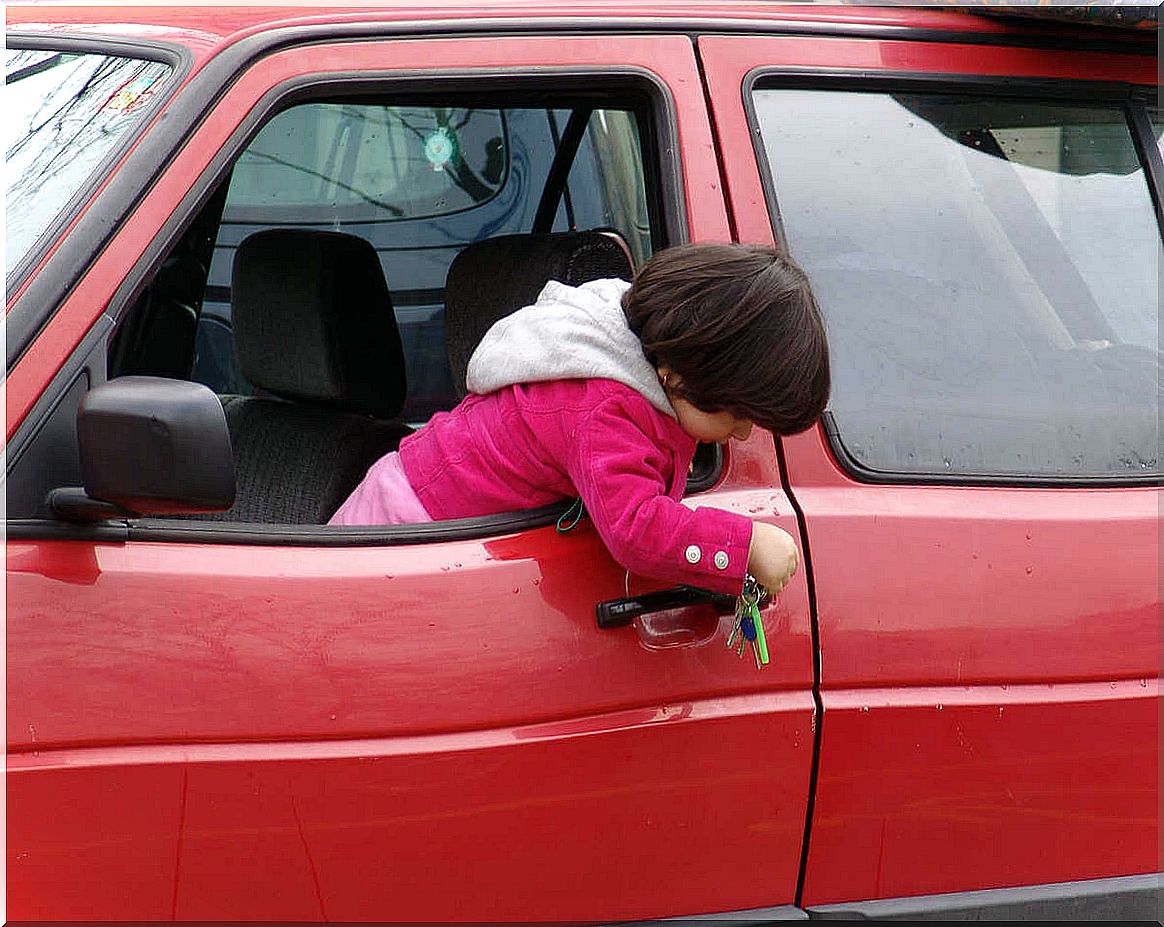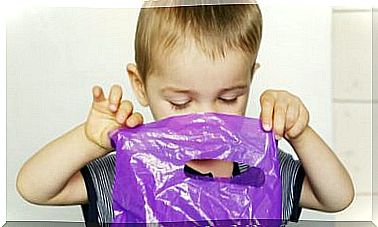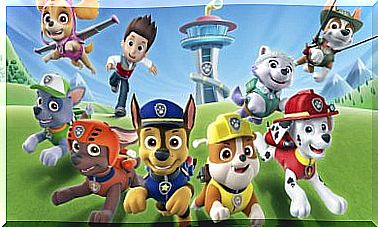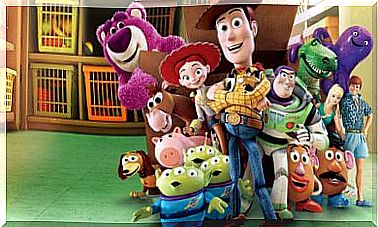6 Exercises To Develop Symbolic Thinking
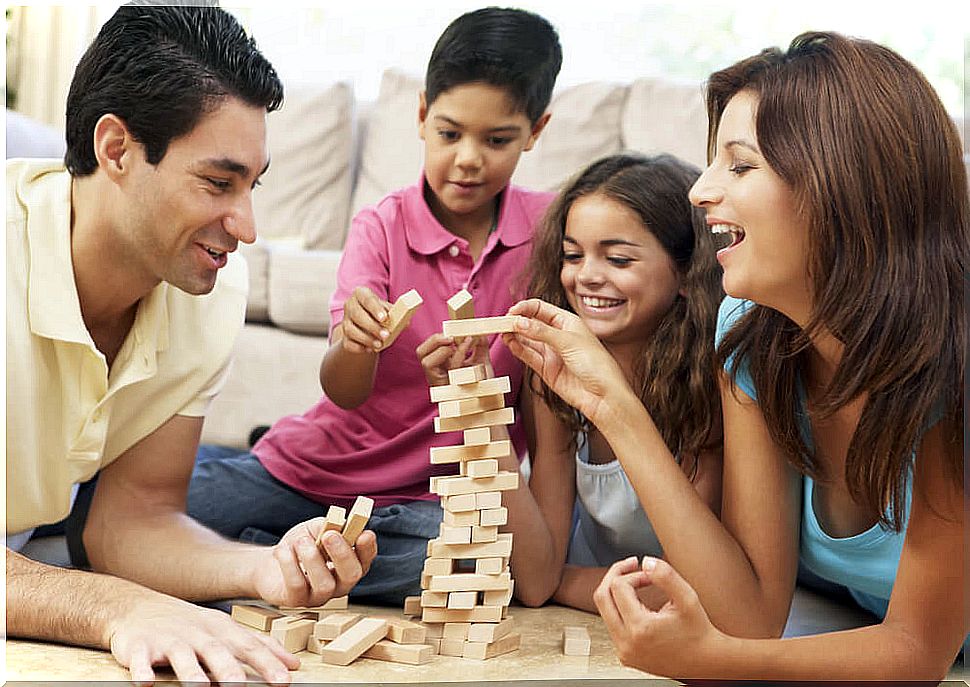
Developing symbolic thinking is essential for your children to have the ability to understand abstract concepts. These concepts are acquired through language and begin to be expressed from 18 months of age. In this order of ideas, it is known that the maximum evidence of mental representations is language.
“It can be said that with mental development, imitative accommodation and playful assimilation, after having differentiated, become more and more closely coordinated. At the sensory-motor level they dissociate; in symbolic play, the previous imitative images provide the signifiers and the playful assimilation the meanings ”.
– Jean Piaget –
As Piaget puts it, the growth of the child is not only measured by physical characteristics. The most complex part of monitoring is the child’s mental and sensory development. However, by knowing the key stages of cognitive development, it will be easier to stimulate and adequately accompany the process.
The bases
It is known that symbolic thinking has developed when people, things and situations that are not present but can be evoked through symbols or internal images can be represented. This action is the perception of reality through concepts that are abstract.
How to identify it in the game and in communication?
When your child plays that a piece of wood is a sword, he is demonstrating the ability to abstract real concepts. When you imagine yourself to be a super hero or a wonderful doctor, you are thinking through symbols.
Now, when a child uses gestures and sounds to communicate and name things, he is giving meaning to his reality. Then, as he gets older and has the ability to write and draw, he is using signs to delimit the world of concepts.

How to develop symbolic thinking in children?
1. Role-playing games or socio-dramas
Suggest to your little one to play that he is the mother and you are the son. Come up with funny situations and start to see how your child imitates the behaviors he sees in you. He will start to let his imagination run wild and create fantastic stories that will surprise you. Use costumes, masks and objects to make the game more entertaining.
2. Task games
In this type of game, the playful part is integrated with the execution of household chores. Recreate, for example, spaces in which the little one is a chef and helps you with kitchen tasks. Introduce him to the ingredient proportions, ask him to count them and name them. Thus you will not only help him develop symbolic thinking but also acquire the awareness of cooperating with household chores.
3. Simple board games
Ladders and snakes, Ludo or Monopoly are games that allow the child to acquire numerical concepts. The identification of signs, icons and illustrations is also a big step in the construction of symbolism.
4. Puzzles and building blocks
Representing objects by means of blocks or building a whole from small pieces is to make mental images. The fact of imitating figures that are not present implies evoking abstract concepts.
5. “Spot to”
This game is ideal for leisure time outdoors or indoors. It consists of asking them a simple descriptive question, for example: “Can you see something red?” Your little one should tell you the location of an object with these characteristics. In this way, in addition to exercising the perception of figures and backgrounds, you will stimulate their cognitive dimension.
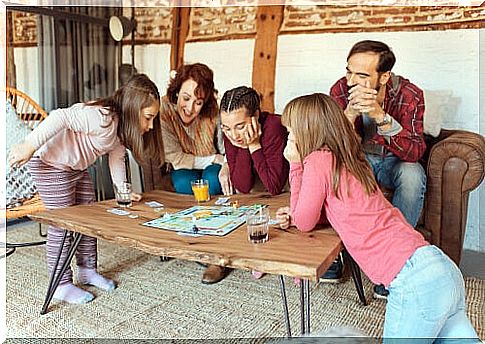
6. Stories, riddles and riddles
Word games are great allies to develop symbolic thinking. The word makes us think of images, objects and stories. When the child lets his imagination fly, he goes to places that he creates, that he personifies and that represent his vision of reality. Plus, they can motivate your little one towards reading and writing.
When you start to use these simple games in the daily life of the family, you will notice great advances. Your children will develop several of its dimensions simultaneously and will grow in knowledge and communication skills. Keep in mind that when you work on their language development, the results will have an impact on a cognitive level and vice versa. Your child’s brain is a perfect mechanism that reacts to stimulus in a variety of ways.
